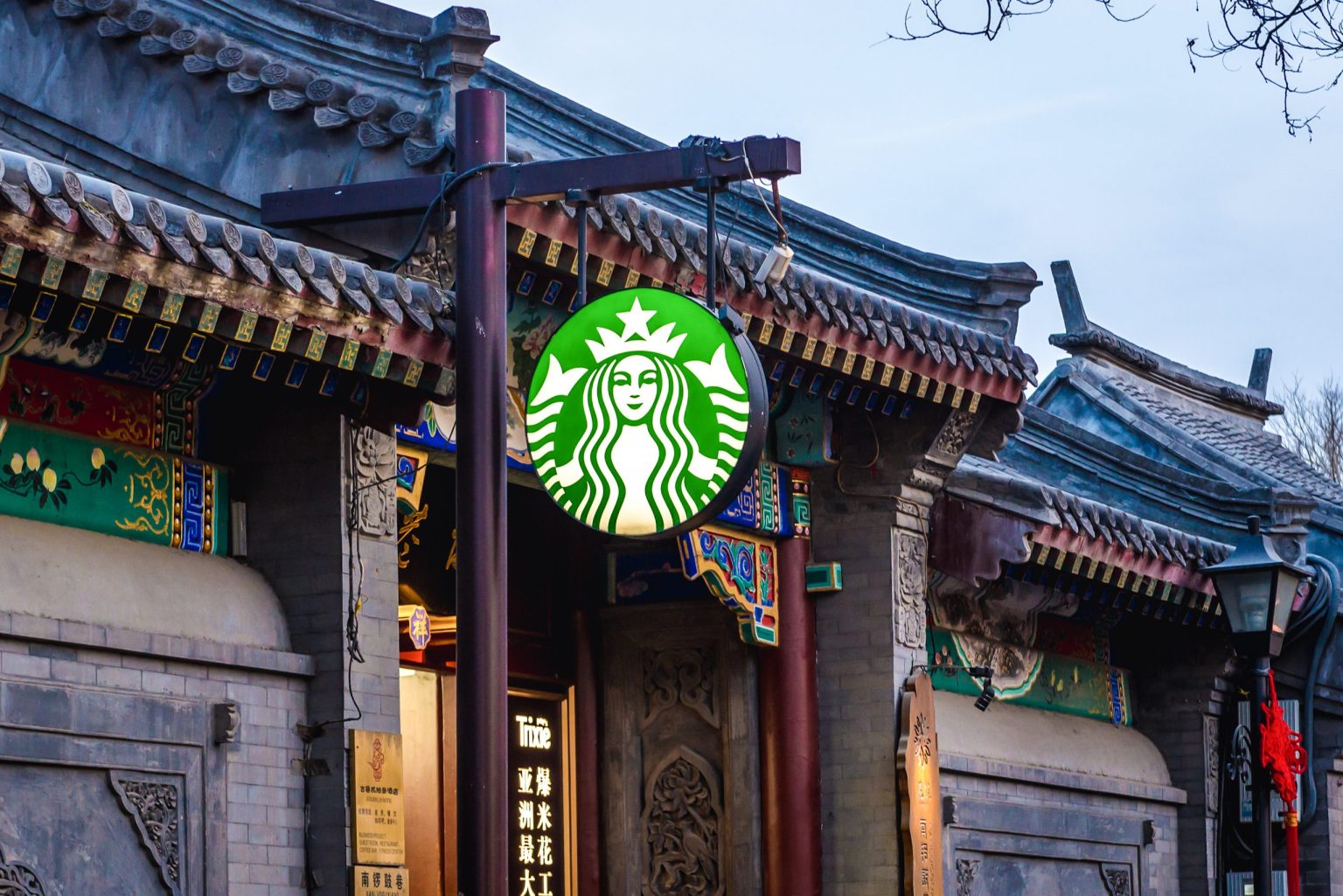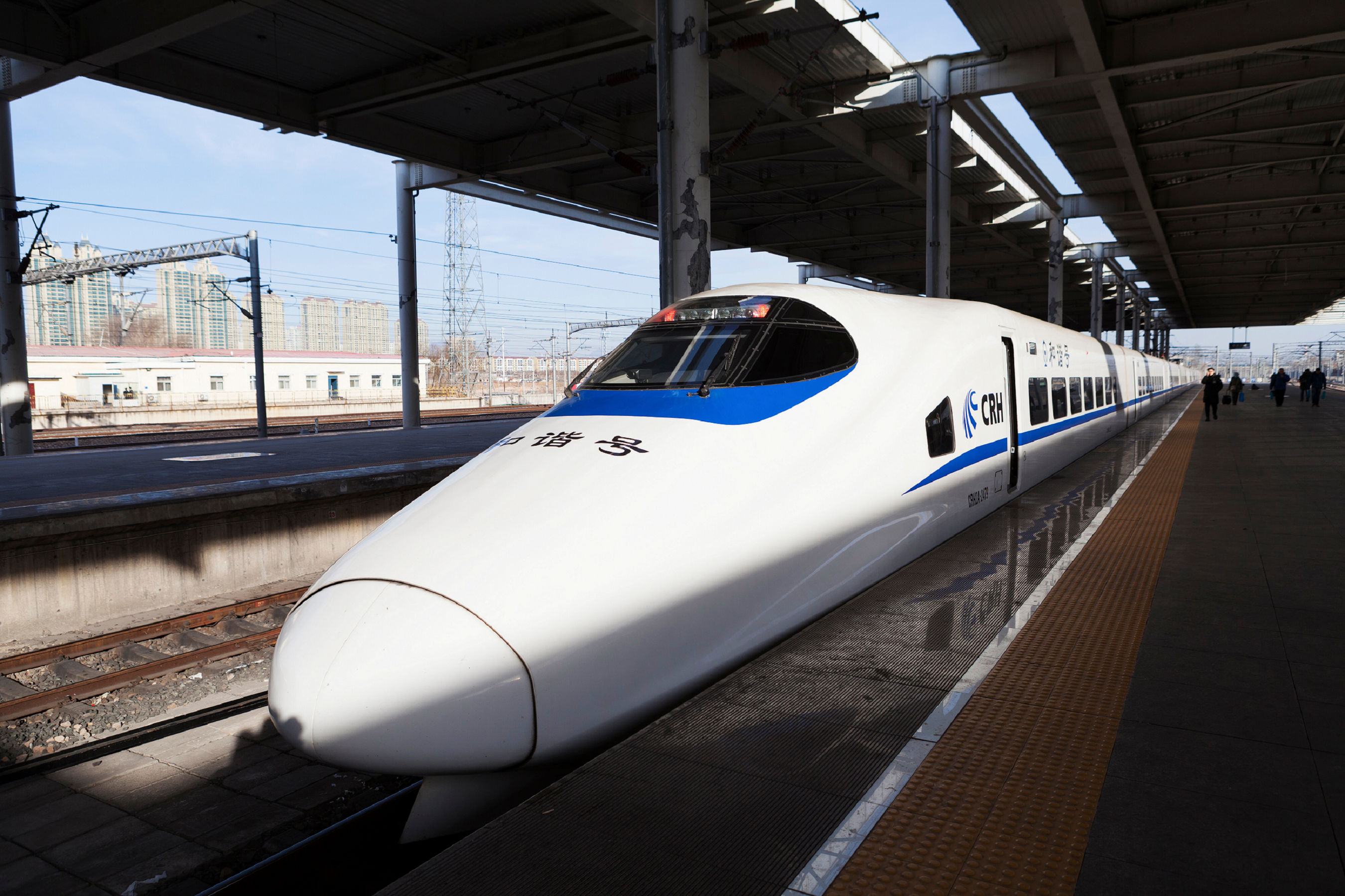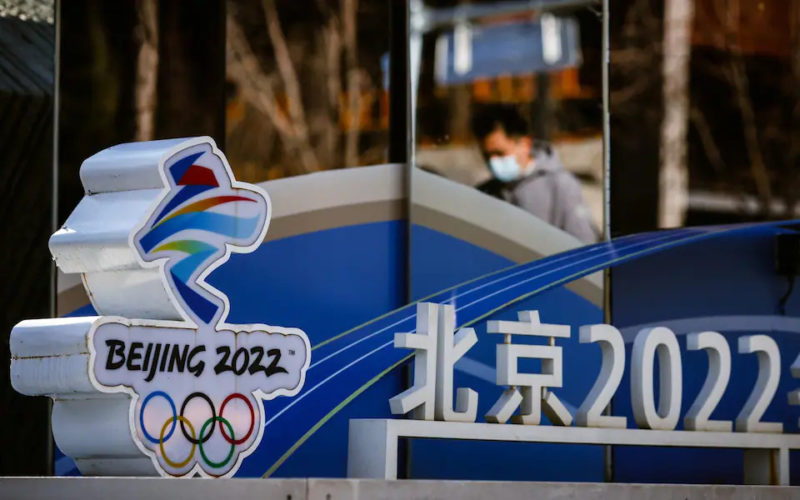Starbucks, the American national coffeehouse chain, has come under the spotlight after the Chinese media Beijing News lifted the lid on 13 December that two of the brand’s local stores have been using expired ingredients for their food and drinks. As the news broke out, it sparked fierce public criticism of the brand’s irresponsibility of safeguarding food safety, putting the brand’s reputation at risk in one of the fastest-growing markets for coffee consumption.
Following a month-long undercover investigation by the state-backed media outlet, two Starbucks shops in Wuxi, Jiangsu Province were found to have changed the sell-by dates of food and replaced old labels of those about to expire with ones carrying later expiration dates. The video obtained secretly also uncovered other practices that violated food safety rules, naturally putting the Starbucks brand into disrepute in China.
Starbucks China has been swift in action, publishing a statement through its official account on China’s Twitter-like platform Weibo on the same day, saying they have been “shocked” by what had been exposed. The two outlets in question have been shut and a “thorough” investigation has been launched. It also adds that the brand has been “strictly” implementing food safety standards since its entry into the Chinese market 22 years ago and has “zero tolerance” for food safety issues.
The “strict” policy regarding food safety has been echoed by some Internet users, who self-identified as former employees of Starbucks in China. Including these was one that claimed to have worked at a local shop for five years including two-year experiences as a store manager.
The brand has also seen support from those who have been working in China’s coffee and roastery industries, who view Starbucks has set up the industry benchmark in terms of food safety standards, and indicate such misconducts are individual cases that the store manager should take the blame for. These statements from the wider market and former employees will only act to rebuild the credibility Starbucks is founded upon, with those independent defending them showing respect for the brand’s practices.
However, consumers have appeared to be less forgiving, due partly to similar scandals involved in global names, including the US fast-food chain McDonald’s. Most people have rightly pointed out that it seems that brand’s apology, “internal investigation” and store closures have always been the final solutions to the issues like this. But they do not prevent the future recurrence of this problem, let alone fix public confidence in brands embroiled in such scandals.
The Chinese public has been showing a growing awareness of their rights as consumers and the country’s media also tend to be more aggressive about informing the public on these aspects, with overseas brands, in particular, on their radar.
Brands, therefore, will have to make more efforts in improving internal mechanisms and make sure policies are put in practice, rather than just a piece of paper. This is particularly true with brands operating chain stores, as the reputation of their outlets represents the fame of the brand. If such brands can successfully allay customer concerns and show the serious nature and changes needed in order to regain the faith of their consumers, then this scandal is unlikely to affect them in the longer term.
Read more:









